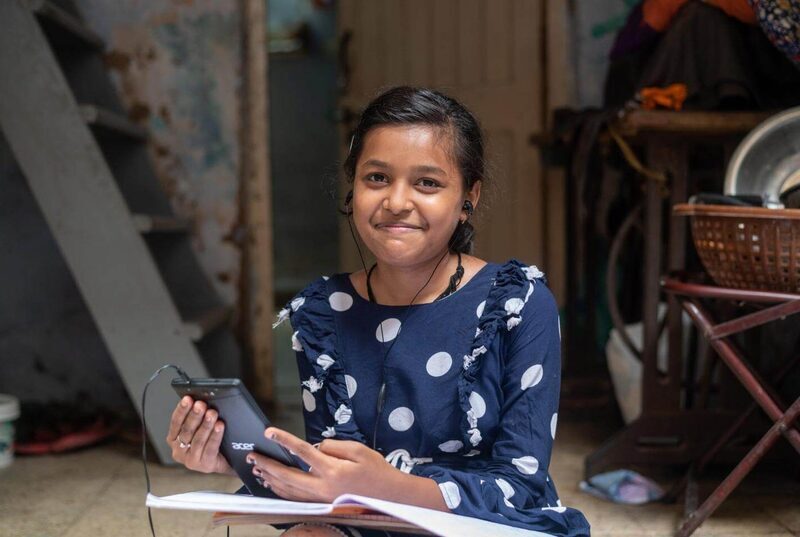
EU adopts new rules to significantly cut packaging waste with re-use targets
The European Union has formally adopted a regulation on packaging and packaging waste. The new ...

UNICEF has said that the cost of digital learning for every child and young person is approximately $474.5 billion by 2030 and with lower costs if implementation is at scale.
This includes approximately $7.1 billion for digital learning; $428 billion for connecting every school to the internet; $38 billion for devices and $1.4 billion for engagement of young people. With a committed, global coalition of partners, this is achievable.
The World Bank estimates a loss of $10 trillion in earnings over the lifetime of this generation of children and young people if urgent action is not taken to address the learning crisis.
The world is facing a learning crisis. Millions of children and young people are not developing the skills they need to break out of poverty. The growth of technology and the increasingly broad range of actors providing online learning means we can deliver learning opportunities anywhere, at any time.
But more than half of the world’s children and young people are on the wrong side of the digital divide, limiting access to the same opportunities as their connected peers.
There is an urgent need to reimagine education. A modern education should build and accredit basic skills – reading, writing and math – as well as skills in problem-solving, creativity, critical thinking that young people need for work, to start a business and to engage productively in their communities.
The availability and potential of technology means that digital learning should be part of a basic basket of essential services for every child and young person.
This means connecting every child and young person – some 3.5 billion by 2030 – to world-class digital solutions that offer personalized learning to leapfrog to a brighter future.
Fostering partnerships across public and private sectors – and with young people themselves – is the only way to do this. That is why the Reimagine Education initiative is asking partners to come together in a global movement.
As this revolution advances around the world, UNICEF is calling for prioritizing the most vulnerable children and young people in getting connected and gaining access to quality digital learning.
It also urges that digital learning would be relevant to each individual child and young person, including their level of education and language, and is accessible for children with disabilities.
It also calls for protecting education funding and prioritizing the needs of the most vulnerable children and young people.
It also exhorted decision-makers to maximize innovation, impetus and investment through cross-community collaborations involving governments, businesses, community groups, industry pioneers and more.
The European Union has formally adopted a regulation on packaging and packaging waste. The new ...
Inaugurating the Abydos Solar Power Plant in the Upper Egypt governorate of Aswan represents a ...
Businesses that fail to adapt to climate risks like extreme heat could lose up to ...


اترك تعليقا